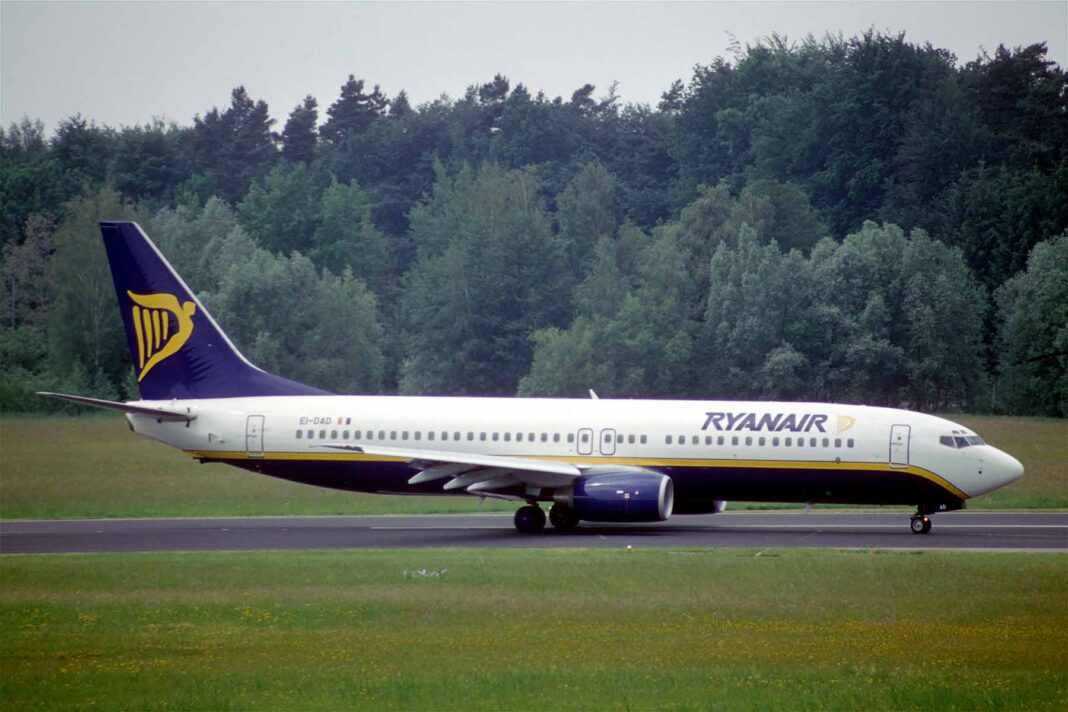Ryanair Overview
Ryanair, an Irish low-cost airline, continued to revolutionize air travel in 2004, offering affordable fares and a no-frills approach to flying. Founded in 1984, Ryanair had grown into one of Europe’s largest airlines, serving destinations across the continent and beyond. In 2004, Ryanair remained committed to its mission of making air travel accessible to all, providing passengers with affordable fares, convenient routes, and a straightforward booking process.
Ryanair Fleet and Expansion
In 2004, Ryanair expanded its fleet and route network, adding new destinations and increasing its capacity to meet growing demand. The airline operated a fleet of Boeing 737 aircraft, known for their efficiency and reliability, allowing Ryanair to offer frequent flights to popular destinations at low fares. Ryanair continued to focus on expanding its presence in key markets across Europe, opening new routes and bases to serve both leisure and business travelers.
Ryanair Cost-Cutting Measures
A key factor in Ryanair’s success in 2004 was its aggressive cost-cutting measures, which allowed the airline to keep fares low while maintaining profitability. Ryanair adopted a no-frills approach to flying, offering passengers the option to purchase additional services such as checked baggage, in-flight meals, and seat selection for an extra fee. By streamlining operations, negotiating favorable deals with airports, and optimizing its route network, Ryanair was able to pass cost savings on to passengers, making air travel more accessible and affordable for millions of travelers.
Ryanair Customer Service and Criticisms
While Ryanair was praised for its low fares and extensive route network, the airline faced criticism for its customer service and controversial policies in 2004. Some passengers raised concerns about the airline’s strict baggage policies, hidden fees, and lack of amenities on board. Additionally, Ryanair’s outspoken CEO, Michael O’Leary, was known for his provocative statements and confrontational approach to business, which sometimes garnered negative attention in the media. Despite these criticisms, Ryanair remained focused on its core mission of offering affordable air travel to passengers across Europe.
Ryanair’s Impact on the Airline Industry
In summary, Ryanair in 2004 continued to disrupt the airline industry with its low-cost model and aggressive expansion strategy. By prioritizing cost efficiency, simplicity, and accessibility, Ryanair made air travel more affordable and accessible to millions of travelers, reshaping the way people fly in Europe. While facing criticism and controversy along the way, Ryanair remained a dominant force in the airline industry, driving competition and innovation while challenging the status quo.
This summary provides an overview of Ryanair’s activities and developments in 2004, highlighting the airline’s continued growth and impact on the aviation industry.











